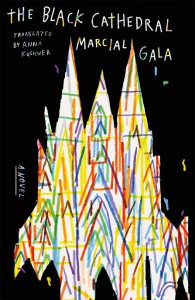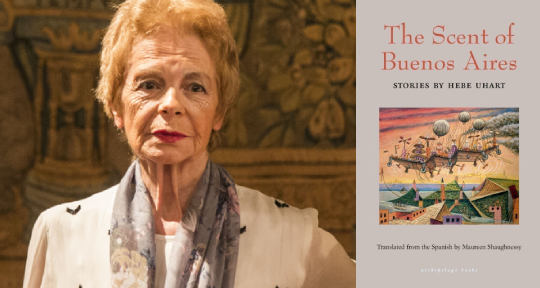This week, our reporters bring you news of new publications, prizes, and book fairs in Brazil and the release of new novels in Spain examining the Franco regime. Read on to find out more!
Daniel Persia, Editor-at-Large, reporting from Brazil
Things are heating up in Brazil, as summer carries on in full force and the Sambadrome gears up for its first parade of the decade. Brazil is more than just Carnaval, though, as Eliane Brum reminds us in The Collector of Leftover Souls (Graywolf Press), translated by Diane Grosklaus Whitty and longlisted for the National Book Award. A prolific journalist and documentary filmmaker, Brum calls out the reader in the first few pages of the book: “Whenever I visit an English-speaking country, I notice Brazil doesn’t exist for most of you. Or exists only in the stereotype of Carnival and soccer. Favelas, butts, and violence.” Brum invites the reader on a journey into indigenous villages, through environmental destruction (and reconstruction), and into the heart and soul of politics in Brazil. The translation resonates in the midst of growing tensions over fires in the Amazon, met by what Brum characterizes as an unfit and “destructive” response by the Bolsonaro administration.




